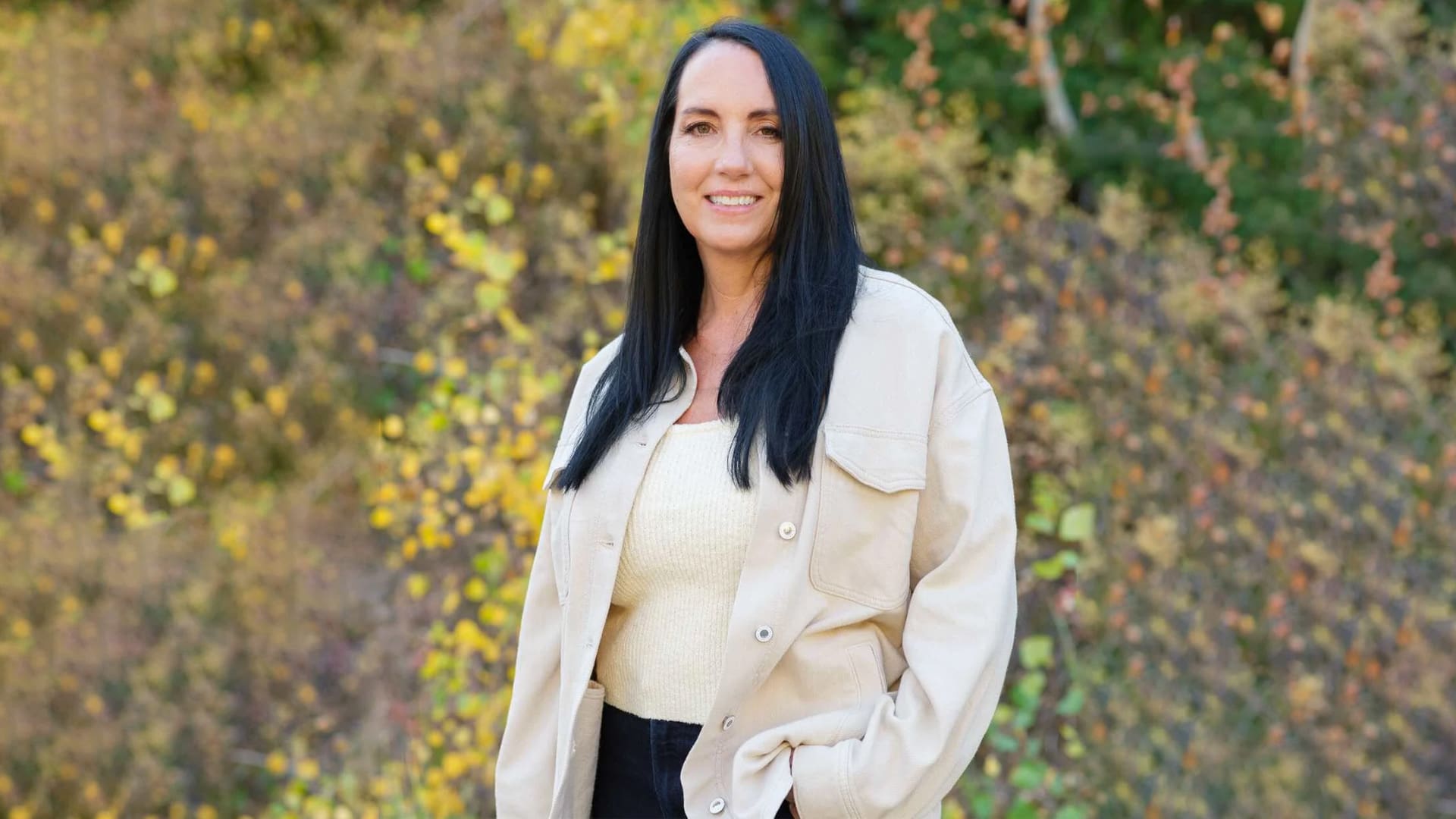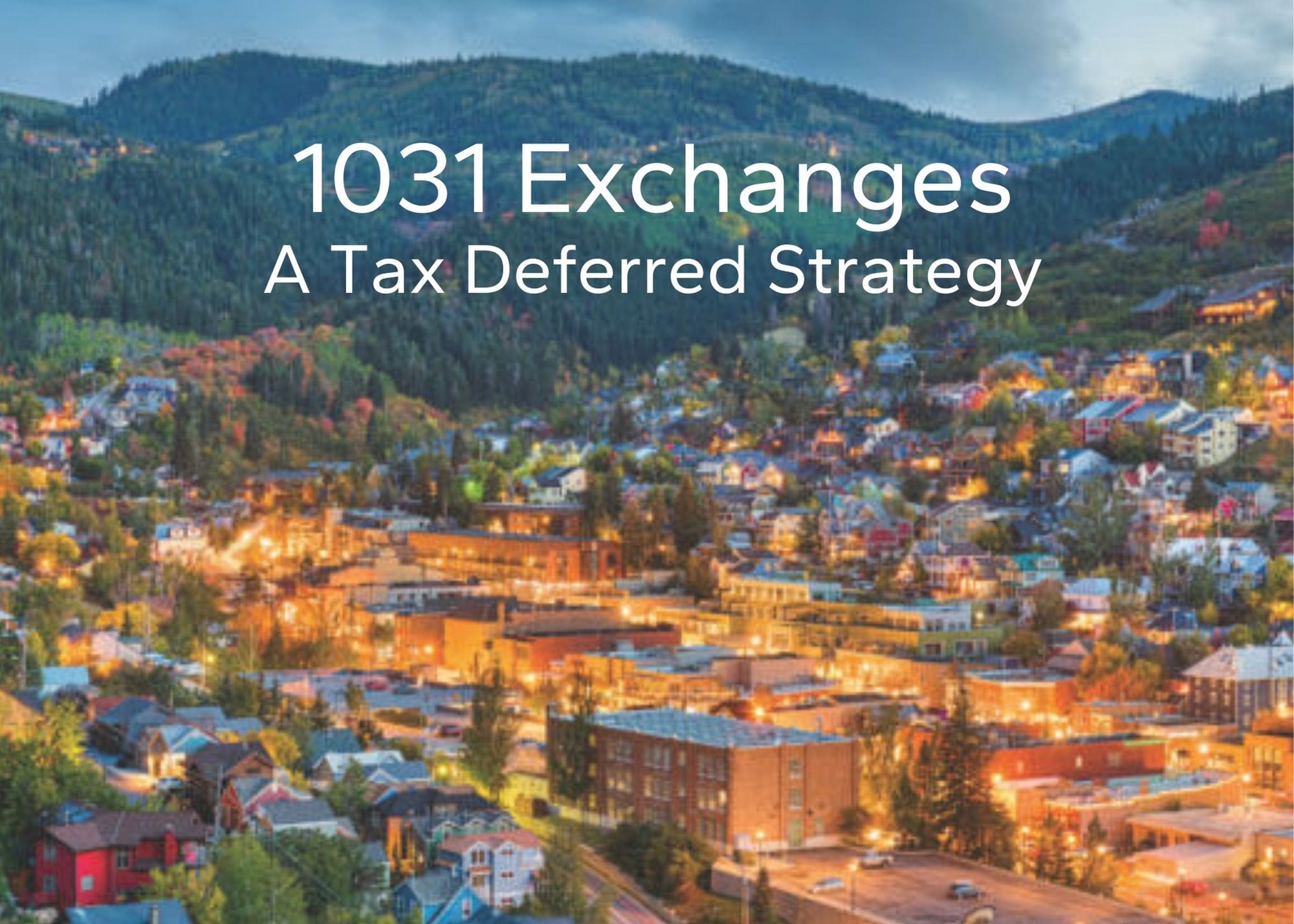Understanding 1031 Exchanges in Utah Real Estate
Over the years, I have been involved in many of these type of transactions. A 1031 exchange is a powerful tax-deferral strategy that allows real estate investors to swap one investment property for another while deferring capital gains taxes. Named after Section 1031 of the Internal Revenue Code, this tool can be a game-changer for investors looking to grow their portfolios efficiently.
How a 1031 Exchange Works
When selling an investment property, an investor typically owes capital gains taxes on the profit. However, with a 1031 exchange, those taxes can be deferred if the proceeds are reinvested in a “like-kind” property. The key requirements include:
- Like-Kind Property: The properties exchanged must be of the same nature or character, but not necessarily the same type (e.g., swapping a rental home for a commercial property is allowed).
- Qualified Intermediary: The seller cannot take possession of the proceeds; instead, a qualified intermediary must hold the funds until the replacement property is purchased.
- 45-Day Identification Period: Investors must identify potential replacement properties within 45 days of selling their original property.
- 180-Day Purchase Period: The replacement property must be acquired within 180 days of the sale.
Benefits of a 1031 Exchange
- Tax Deferral: Capital gains taxes are deferred, allowing more capital to be reinvested.
- Portfolio Growth: Investors can leverage exchanges to transition into higher-value properties.
- Diversification: Investors can shift from one type of property to another, such as residential to commercial.
- Estate Planning Benefits: Heirs may receive the property on a stepped-up basis, potentially eliminating deferred taxes.
1031 Exchanges in Utah
Utah is a thriving real estate market with diverse investment opportunities, making it an excellent location for 1031 exchanges. Some key considerations specific to Utah include:
- Market Trends: Utah’s rapid population growth and economic development make it a hotspot for real estate investment.
- State-Specific Tax Considerations: While federal taxes are deferred, investors should consult with tax professionals regarding state tax implications.
- Qualified Intermediaries in Utah: Working with a reputable intermediary is essential for compliance.
Common Mistakes to Avoid
- Missing Deadlines: The strict 45-day and 180-day timelines must be followed.
- Improper Use of Funds: Taking direct control of sale proceeds voids the exchange.
- Choosing Ineligible Properties: Ensure the replacement property qualifies as like-kind.
- Failing to Plan for Debt Replacement: If the new property has a lower loan amount, the investor may owe taxes on the difference (boot).
Is a 1031 Exchange Right for You?
A 1031 exchange can be an excellent strategy for real estate investors in Utah, but it requires careful planning and compliance. Consulting with a tax advisor and working with an experienced real estate brokerage can help ensure a smooth process.
If you’re considering a 1031 exchange in Utah and need guidance, I am here to assist. Contact me today to explore your investment options!

Get To Know Us
Discover curated real estate services and a comprehensive approach to helping you buy and sell in Park City and Salt Lake.








